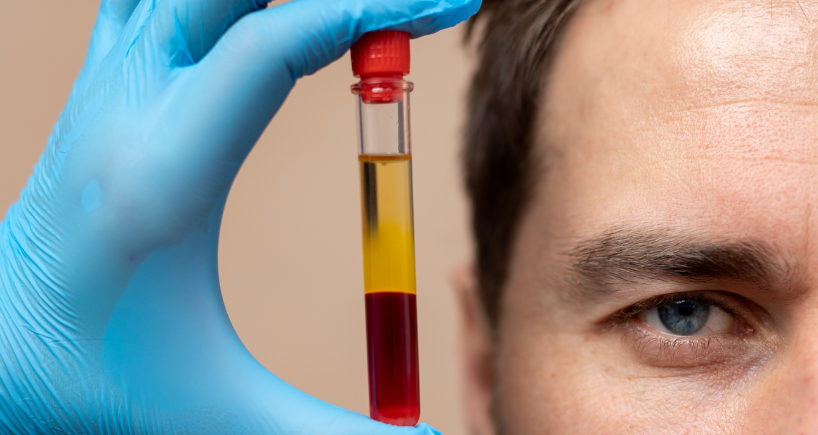
Understanding AMH (Anti-Mullerian Hormone) with Dr. Usha at Fortis Bannerghatta Road
For women trying to conceive, understanding their fertility and ovarian health is crucial. One of the key indicators of a woman’s reproductive potential is the AMH (Anti-Mullerian Hormone) level. At Fortis Bannerghatta Road, Dr. Usha provides insight into how AMH plays a role in assessing ovarian reserve and predicting conception chances.
What is AMH?
AMH (Anti-Mullerian Hormone) is a hormone produced by the ovarian follicles during a woman’s reproductive years. It gives a good indication of the number of eggs that can potentially be produced by the ovaries and provides insights into egg quality. This is why AMH testing is an important part of fertility assessments.
Why is AMH Important?
The AMH level helps in determining a woman’s ovarian reserve, which essentially refers to how many viable eggs remain in the ovaries. This is important for predicting the chances of conception, especially for women planning pregnancy or undergoing fertility treatments.
AMH Level & Interpretation:
- Normal Range: An AMH value of 2 to 4 is considered normal, indicating healthy ovarian reserve.
- Low Ovarian Reserve: An AMH level below 2 suggests a reduced ovarian reserve.
- Poor Ovarian Reserve: If the AMH value falls below 1, it indicates a significantly diminished ovarian reserve, meaning fewer eggs are available, and time may be a critical factor for conception.
What Does Low AMH Mean?
For women with AMH levels below 1, this may signal that their "biological clock" is ticking faster, and they should consider focusing on conception sooner rather than later. However, a low AMH value does not necessarily mean that pregnancy is impossible.
AMH and Antral Follicle Count: Key Fertility Indicators
While AMH is an important marker, it is not the sole factor in determining a woman’s fertility. Another critical assessment is the antral follicle count (AFC), which is evaluated through a transvaginal ultrasound. AFC measures the number of small follicles in the ovaries, providing further insight into ovarian reserve. Together, AMH and AFC are used to give a clearer picture of a woman’s reproductive health and the chances of successful conception.
Does Low AMH Mean Conception is Impossible?
It is important to remember that AMH is not an absolute indicator. Having a low AMH level does not mean that your chances of conceiving are zero. Many women with low AMH levels have successfully conceived naturally or with the help of fertility treatments. Maintaining a positive attitude is essential, as mental and emotional well-being can also play a role in the journey to pregnancy.
Conclusion: Take Charge of Your Fertility
Knowing your AMH level can help you make informed decisions about your reproductive health. If you're concerned about your fertility or ovarian reserve, consulting with Dr. Usha at Fortis Bannerghatta Road can provide you with the necessary guidance and support to assess your fertility potential and take proactive steps towards conception.
If you're considering starting a family or are facing fertility challenges, schedule a consultation with Dr. Usha today and learn more about your AMH and what it means for your fertility journey.
Contact Fortis Bannerghatta Road to learn more about AMH testing and other fertility assessments.
Categories
Clear allMeet the doctor

- Obstetrics and Gynaecology | Obstetrics and Gynaecology
-
15 Years
-
1000



















